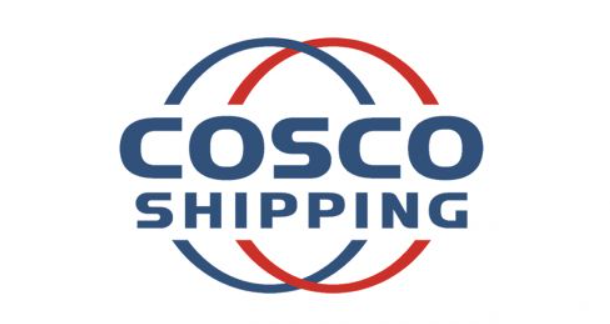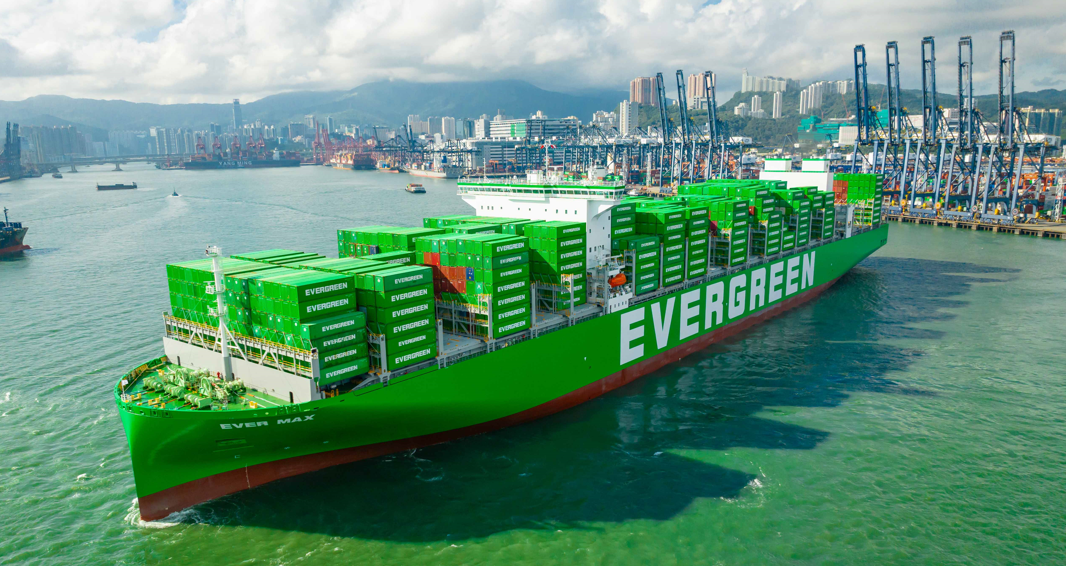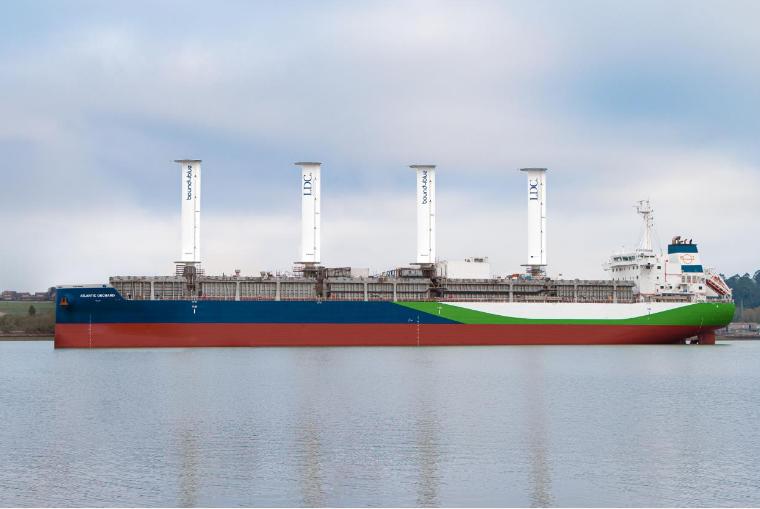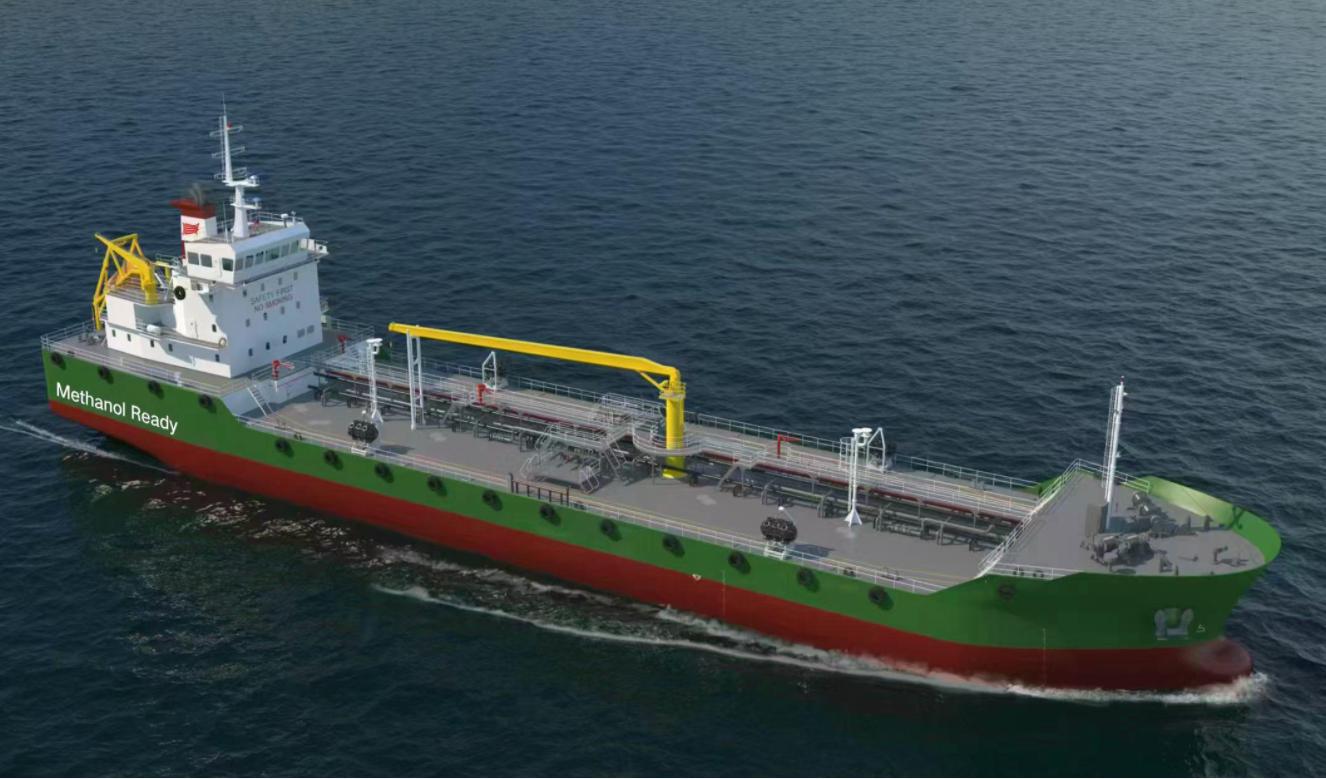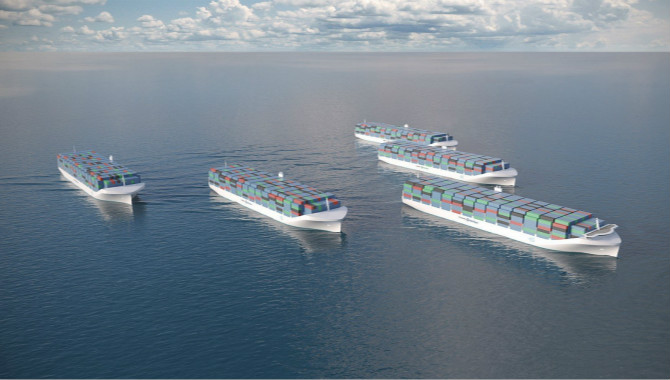
Classification society ABS has published new guidance on the development of autonomous technologies for maritime, including a goal-based framework for autonomous requirements.
The ABS Advisory on Autonomous Functionality addresses the application of autonomous functions, the infrastructure enabling these functions, and key regulatory developments, as well as introducing a goal-based ‘Smart to Autonomous framework’ to guide implementation.
The advisory notes the importance of the development of a Concept of Operations document and Remote Control and Operations Centre when pursuing these projects, which the class society says will play a critical human-in-the-loop role for autonomous operations.
On the regulatory side, the advisory provides a brief on the roles of flag states and port states in the autonomous development process, as well as an update on the Maritime Autonomous Surface Ships (MASS) Regulatory Scoping Exercise by the IMO.
“Autonomous technology is gradually reshaping the maritime industry, bringing benefits such as increased operational efficiency, human error reduction, emission reduction, increased safety, and operational cost reduction. Regulation, engineering and culture all present challenges as significant as the development of technology itself,” said Patrick Ryan, ABS Senior Vice President, Global Engineering and Technology.
“ABS is at the forefront of these emerging technologies and is currently collaborating with members, industry and regulators on autonomous vessel design, risk management and implementation projects all over the world. This advisory contains valuable guidance drawn from our extensive experience.”
Source: Smart Maritime Network
Source: Smart Maritime Network
The opinions expressed herein are the author's and not necessarily those of The Xinde Marine News.
Please Contact Us at:


